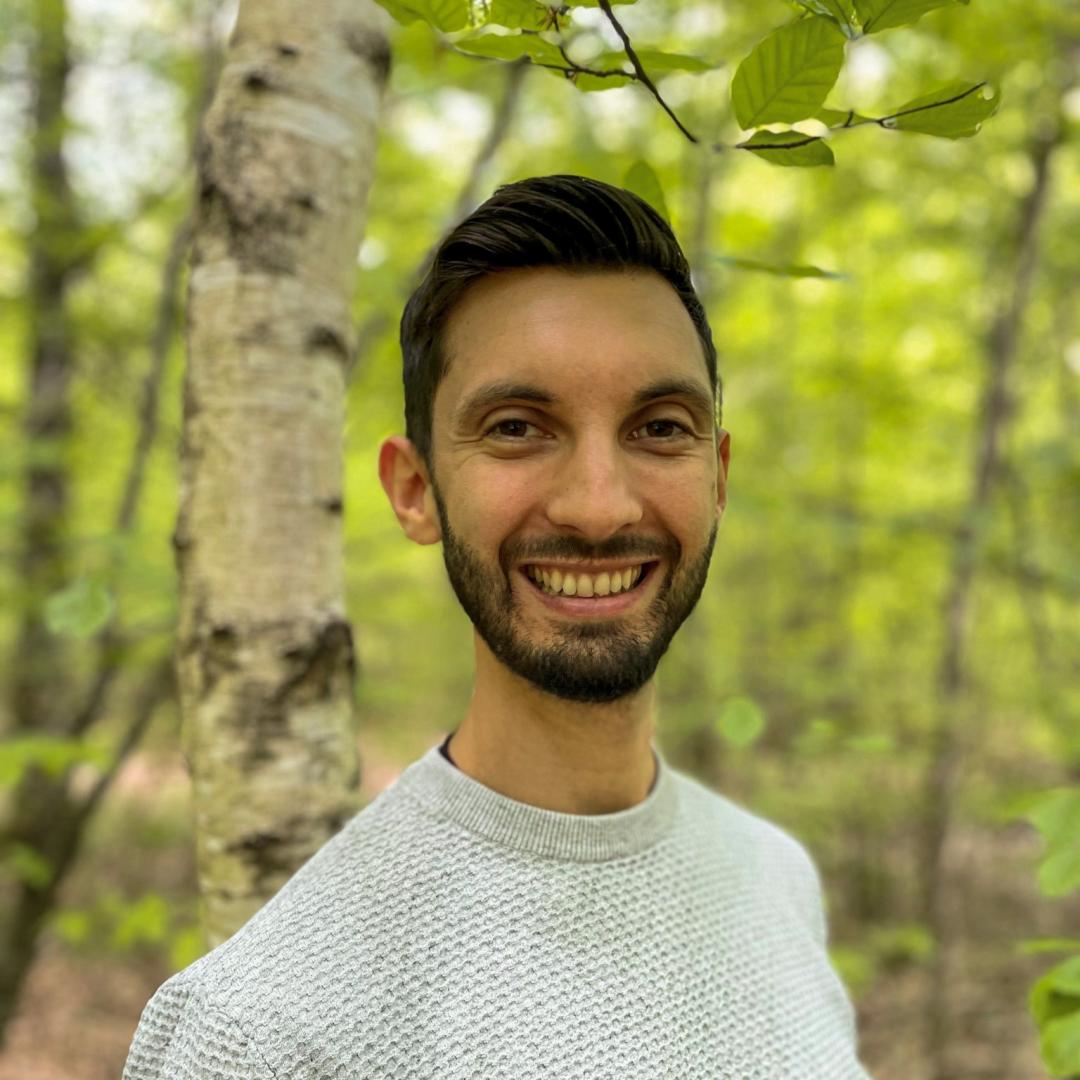Simeon has been supporting us since June 2024 as an independent forestry and land use expert specialising in climate change, biodiversity and forestry. Thanks to his extensive expertise and comprehensive network, he makes valuable contributions to our climate protection projects. Find out more about Simeon in the following interview.
Tell us about yourself and your field of expertise.
I am an innovative and strategic land use and conservation expert with international experience in ecosystem restoration and conservation. Not only ecological aspects are important, but also social and economic approaches for truly sustainable projects. My focus is on the involvement of local communities and indigenous groups as well as on modern technologies that enable efficient work and create transparency in the impacts. At the same time, my work focuses on developing scalable approaches by combining traditional, science-based and new innovative strategies for climate and biodiversity protection.
What motivated you to get involved in your area of expertise?
Growing up in the northern Black Forest, my professional commitment to environmental issues began with my one-year voluntary service in a tree nursery for native trees in the Philippines. There and during my work in ten other countries in the Global South, I experienced a lot of environmental destruction and the devastating effects of climate change. At the same time, I have also seen how biodiverse reforestation and agroforestry systems regenerate soils, restore the diversity of animals, fungi and plant species, contribute to food production, enable sustainable markets in rural areas and create social justice. The impact on biodiversity and climate through the expansion of such approaches is immense.
What key challenges in your field do you think need to be addressed?
A key challenge is to create transparency so that the impact of projects becomes visible. This is crucial in order to unlock more donations and funds and thus enable better and more projects. It is equally important to ensure that local communities, often smallholder farmers, are empowered so that they are actively involved in the implementation and success of the projects. I also think there needs to be a focus on product and market orientation to ensure that such projects can also become economically profitable and therefore independent of donations in the long term.
What makes you feel positive about our future? What are developments that we and our community should be aware of?
I am positive about the many motivated people who are committed to environmental protection worldwide. Significant progress is also being made in the political arena, such as the new regulations and breakthroughs in the UN Biodiversity COP targets, which envisage the protection of 30% of land and sea areas by 2030. These developments show that we are on the right track to achieve sustainable change.
